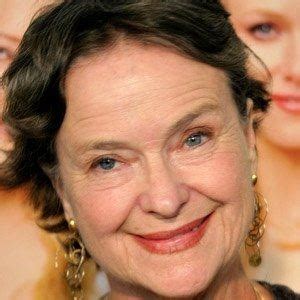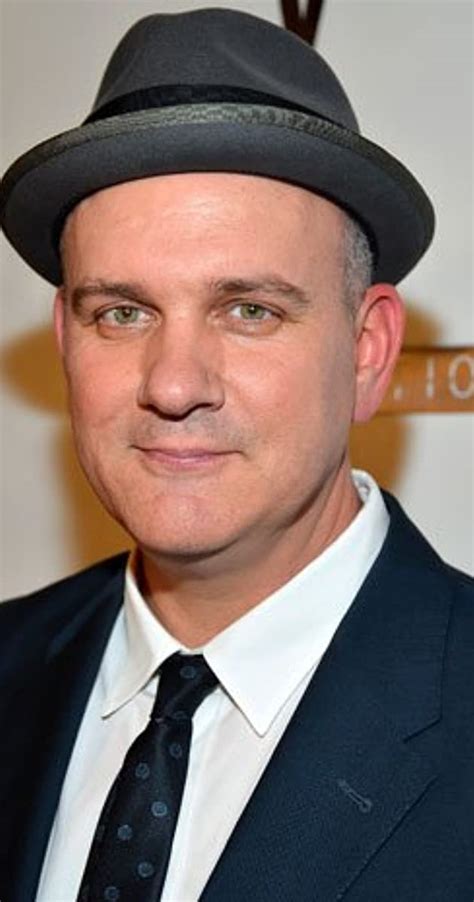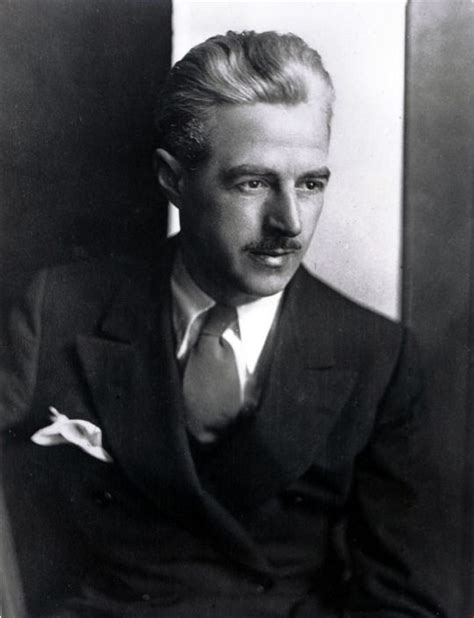A Quote by Anna Quindlen
I'm boggled by the idea of being an only child. I know nothing at all (I'm happy to say) about having had a cold and withholding mother, about being divorced. The more I've been writing novels, each novel I've written has become successively less grounded in anything approaching autobiography.
Related Quotes
In the case of my second film The Fish Child (El Niño Pez), I had written the novel about 5 years before I made into a film. In the case of The German Doctor I had published the novel a year before I started writing the script, I even had another project to shoot. But I had this idea of the powerful cinematic language from the novel that I couldn't let go of.
The Buddhists say there are 149 ways to God. I'm not looking for God, only for myself, and that is far more complicated. God has had a great deal written about Him; nothing has been written about me. God is bigger, like my mother, easier to find, even in the dark. I could be anywhere, and since I can't describe myself I can't ask for help.
I would like to write a novel, or at least try to write one, although my motives are not entirely pure. For one thing, I get asked about writing novels so much that I feel guilty about never having written one. And although I have no strong desire to write a novel, I would hate not to try. That would just be silly. On the other hand, I hate the idea of slogging through something that turns out to be not good.
But novels are never about what they are about; that is, there is always deeper, or more general, significance. The author may not be aware of this till she is pretty far along with it. A novel's whole pattern is rarely apparent at the outset of writing, or even at the end; that is when the writer finds out what a novel is about, and the job becomes one of understanding and deepening or sharpening what is already written. That is finding the theme.
If I'm writing a novel, I'll probably get up in the morning, do email, perhaps blog, deal with emergencies, and then be off novel-writing around 1.00pm and stop around 6.00pm. And I'll be writing in longhand, a safe distance from my computer. If I'm not writing a novel, there is no schedule, and scripts and introductions and whatnot can find themselves being written at any time and on anything.
A child blind from birth doesn't even know he's blind until someone tells him. Even then he has only the most academic idea of what blindness is; only the formerly sighted have a real grip on the thing. Ben Hanscom had no sense of being lonely because he had never been anything but. If the condition had been new, or more localized, he might have understood, but loneliness both encompassed his life and overreached it.
There have been plenty of things that I've written that other people haven't cared about, but it hasn't stopped me from being a writer. So, I don't even think about other people. I'm just interested writing about human beings so if somebody calls and says, 'We'd like you to do it,' I'd say, 'That sounds like a cool idea.'
The whole idea of mindfulness is all about having a second-level monitoring of your thoughts and being able to recognize them as being negative or harmful before they become a part of your being, before they become some kind of action like writing an angry letter to someone or speaking too strongly to someone.
Lately I've been thinking about the idea that all novels are, at least in some way, about the process of writing a novel - that the construction of the book and the lineage of people constructing novels are always part of the story the author is telling. I think the equivalent for memoir should be that all memoirs are, in some way, about the process of memory. Memoirs are made out of a confusing, flawed act of creation.
I know absolutely nothing about where I'm going. I'm fine with that. I'm happy about it. Before, I had nothing. I had no life, no friends, and no family really, and I didn't really care. I had nothing, and nothing to lose, and then I knew loss. What I cared about was gone; it was all lost. Now I have everything to gain; everything is a clean slate. It's all blank pages waiting to be written on. It's all about going forward. It's all about uncertainty and possibilities.

































